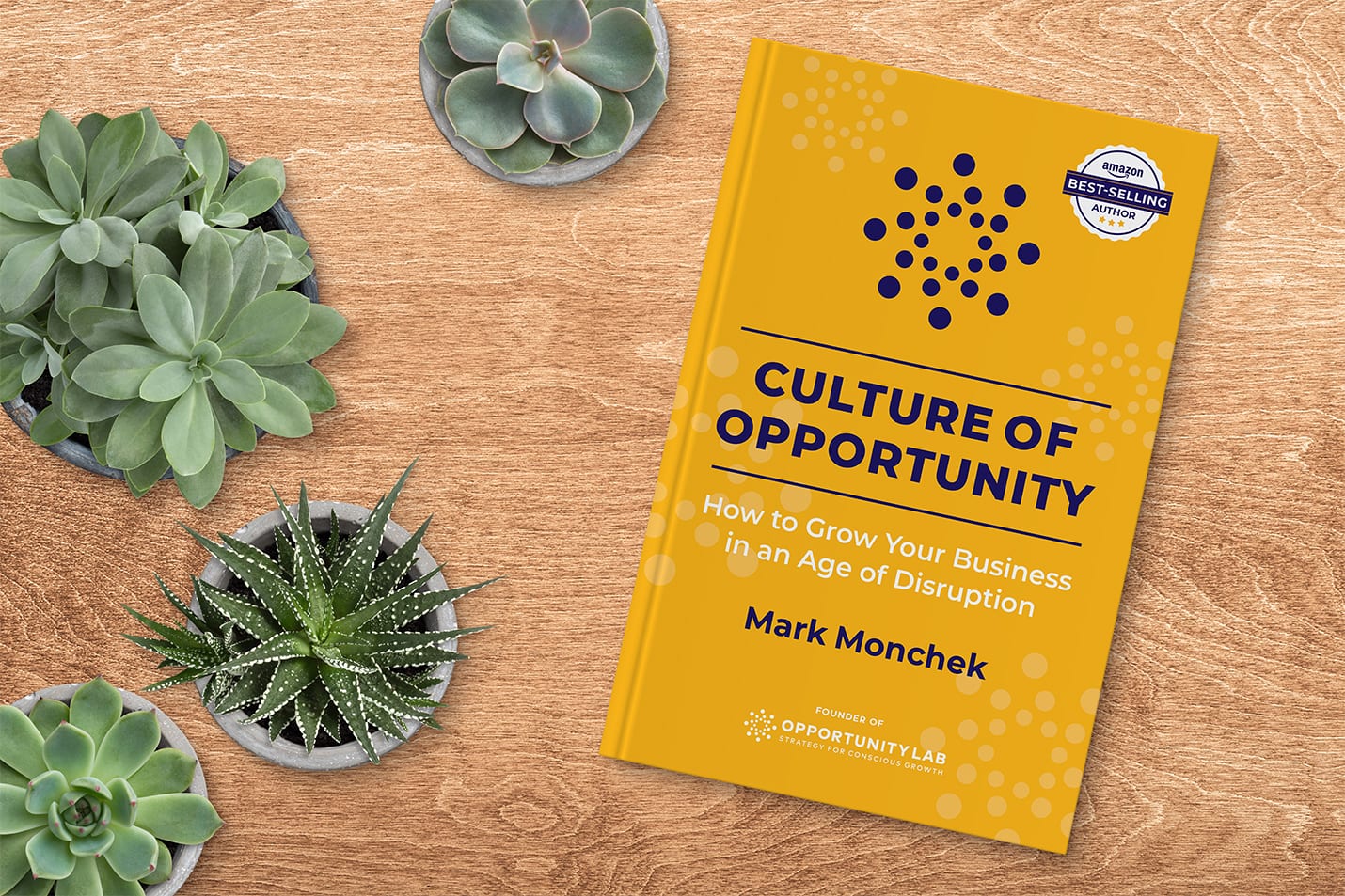Leap years, new years and the changing of seasons often prompt us to consider the pursuit of new challenges and opportunities. One such challenge is shifting careers. Though it can feel overwhelming, more and more professionals embark on this journey each year. As the business world shifts from a focus on the “bottom line” to an emphasis on creating shared value, the topic of re-inventing our professional lives for a greater good takes center stage. After going through such a career…

